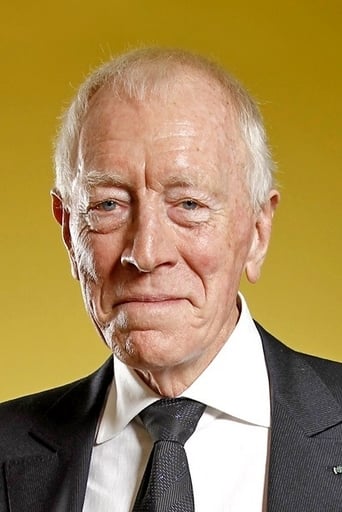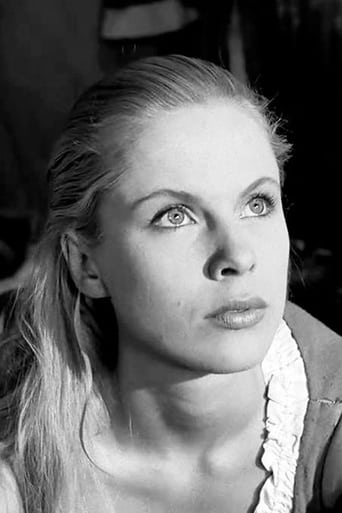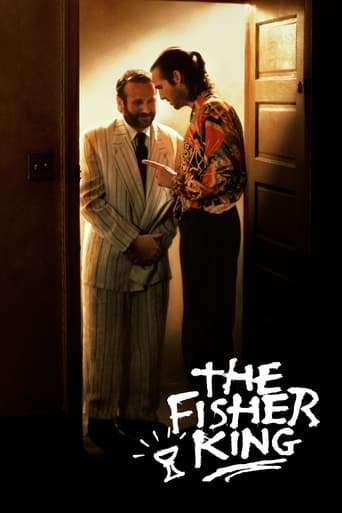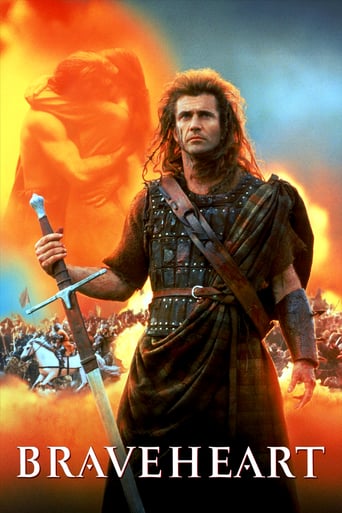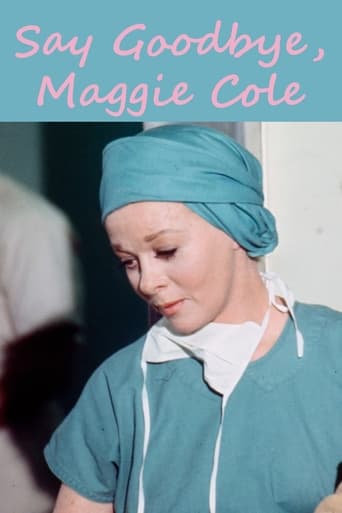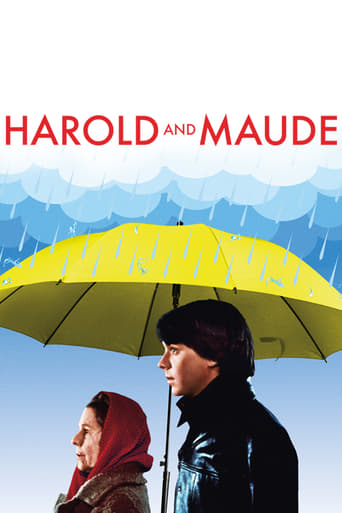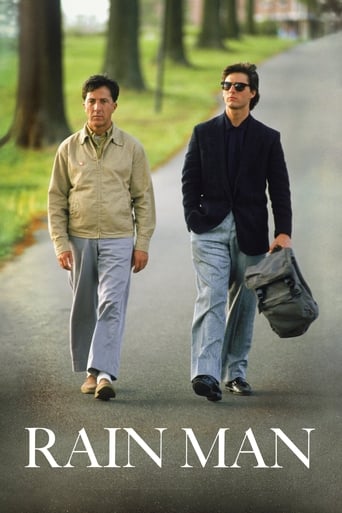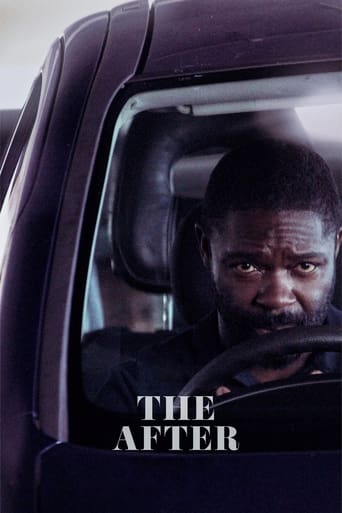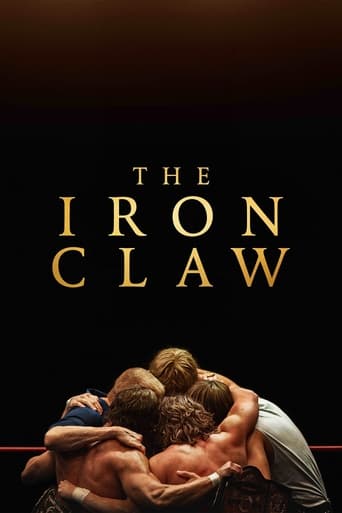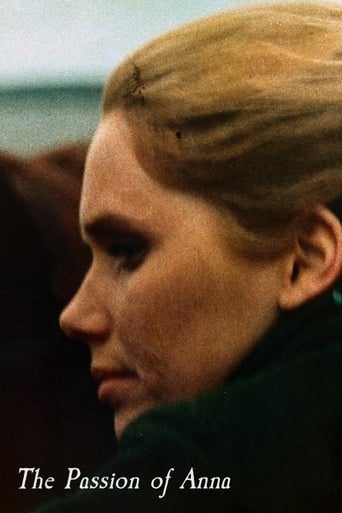
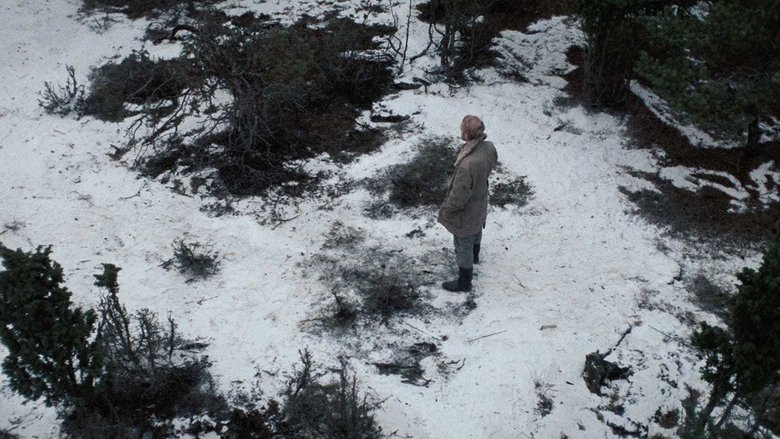
The Passion of Anna (1970)
Andreas, a man struggling with the recent demise of his marriage and his own emotional isolation, befriends a married couple also in the midst of psychological turmoil. In turn he meets Anna, who is grieving the recent deaths of her husband and son. She appears zealous in her faith and steadfast in her search for truth, but gradually her delusions surface. Andreas and Anna pursue a love affair, but he is unable to overcome his feelings of deep humiliation and remains disconnected. Meanwhile, the island community is victimized by an unknown person committing acts of animal cruelty.
Watch Trailer
Cast


Similar titles
Reviews
In re-watching all the Bergman films, this one was a bit more elusive. There are so many secrets here with layer upon layer put over them. Then we have the subplot of the animal torturer and killer on the island. Probably most interesting beyond the story itself is a quick analysis of each character by each of the actors who leaves his or her role for a moment. They discuss how they view their people with a great deal of depth and insight. I wonder if they were prompted or it was extemporaneous. I would guess the latter. As with most Bergman characters, the people are doomed to their suffering and offer little comfort because they are so full of angst themselves. The living Andreas is a complex bundle of nerves. If he hadn't seen the animal killer and rescued the dog, I might have seen him as unbalanced enough to do these things, himself. Of course, the story never makes point, but the thought occurred to me. Anna is a royal mess but is able to keep her composure with those tight lips and that half smile. Pushed, she becomes a powder keg. As is usually the case, their personal problems are never solved and we wonder what the next frame in the film will be. It's quite a thoughtful and frightening film.
This is without question one of Bergman's greatest and most rewarding films, and indeed, one of his most subtle. Like his more iconic work - such as The Seventh Seal (1957), Wild Strawberries (1957), Persona (1966), Cries and Whispers (1971), etc - it presents a rich tapestry of wounded characters and painful memories that are affective on a completely external level. However, what elevates this from a great film to a work of unforgettable genius is in the questions that the film asks - but never answers - and in the window that it offers into the world of Bergman's previous film, the surreal, anti-war parable Shame (1968).Like many of his greatest films, A Passion (1969) looks at characters disconnected from the world in which they inhabit and slowly becoming disconnected from themselves within the process. There are the obvious parallels with Shame - which we will come back to - as well as Persona (1966) and Hour of the Wolf (1966). As with those films, A Passion has strong roots in existentialism; creating a barren landscape that comes to represent the internal psychological state of the characters and that particular sense of deep despair and quiet alienation that drives them to take solace in other, equally damaged souls. We also have a series of continual stylistic juxtapositions and attempts by Bergman to disarm and distract us. The most obvious of these is the use of the narration, which on our first exposure, seems to fulfil no real purpose, instead, merely jarring against the natural, almost-documentary like presentation of the film. Added to this, there is a subtle breakdown in reality happening with the notions of fact and fiction, which is again mirrored externally by the way in which Bergman breaks the fourth-wall of the drama to offer us the opinions of his actors on the roles that they are about to perform.The technique is reminiscent of Toshio Matsumoto's equally compelling psychological examination, Funeral Parade of Roses (1969), only without the obvious kaleidoscopic influences of pop art, psychedelic rock and the spirit of Jean Luc Godard. It also suggests the confessional element of films like Hour of the Wolf, Scenes from a Marriage (1973) and Rite (1969), only in a way that is far more obtrusive. What these scenes represent for me at this exact point in time is somewhat unknown, although they certainly don't feel out of place; especially within the context of that closing shot and the final revelation.The plot here is a maze of pure emotions, with Bergman's cold and clinical narration and ironic deconstruction of the narrative elements turning A Passion into an examination, with characters trapped in metaphorical glass jars and analysed by spectators in order to understand something, not necessarily about the characters, but very much about ourselves. Alongside these deconstructive elements we have characters that seemingly can't be trusted with the information that they have to offer us, with lies, guilt and deceit all swirling 'round us like a whirlpool of blame, disappointment and critical self-examination. The characters are running away from things that there is no real escape from, and the relationship that seems to offer a further window out of their self-imposed exile and malaise ends up leading back again; leaving the characters broken more so than they were at the start of the film. Although it is done subtly by Bergman, the ending of the film is every bit as desolate and apocalyptic as the ending of Shame, or as deconstructive and subversive as the ending of Persona.Alongside the creation of a setting that is barren and desolate, and the claustrophobic feeling created by the use of cramped interiors and a limited psychological space, Bergman also creates tension from the enigmatic quality of his characters and the questions that they present. In one of the film's most fascinating sub-plots, we discover that the animals on the island are being slaughtered by an unseen madman; an intelligent and disturbing idea that further suggests the notions of reality breaking down and the nightmarish thoughts and feelings of the characters spilling out and enveloping them. The identity of this violent and cruel individual remains a mystery throughout, with Bergman leaving us to draw our own conclusions; forcing the audience to question not only the actions and intentions of the character observing this horror, but also whether or not this same horror is merely an extension of the character's crumbling world. This is further illustrated by a third-act dream sequence that not only contextualises the whole of A Passion - and, in particular, the character of Anna - but also the director's previous film, Shame.Without a doubt, this is raw and extremely powerful film-making; evident from Bergman's uncomplicated use of editing and cinematography. As a result, the film looks and feels very much like an obvious precursor to Lars von Trier's later examination into human fragility, Breaking the Waves (1996), with the filmmaker shooting in muted colours with naturalistic lighting, minimal production design, choppy editing and the use of hand-held cameras. This, combined with the towering performance from Max Von Sydow as the central character Andreas Winkelman, and fine support from Bergman's greatest collaborators, Liv Ullmann, Bibi Andersson and Erland Josephson, create something truly astounding and truly unforgettable.
Ingmar Bergman's talent and importance are not in question, but now that we can look back on his career as a whole, it's clear that not all his films are equally inspired.THE PASSION OF ANNA is so beautifully acted and photographed, it almost disguises the emptiness at the center. Not only the characters, but the filmmaker himself seems tired, discouraged, uncertain of what he wants to say.It's hard to be bored watching such fine actors work, but the story they're acting doesn't add up to much. Lacking inspiration, Bergman falls back on his customary verbosity and adds morbid touches, such as the unpleasant scenes of animal cruelty here, or Andreas and Anna watching on television a filmed execution in Viet Nam or somewhere, that seem to have no purpose other than arousing revulsion in the viewer.Bergman's concentration on the cruel and the depressing almost to the exclusion of every other aspect of life must have seemed fresh and daring in the 1960s and 1970s, but now he can seem almost adolescent in his obsession with the morbid. Samuel Beckett's plays, chic during the same era, have not dated well either. There's a lot more to life, and to art, than cruelty, suffering, and death, but you'd never know it from Beckett or from Bergman films such as this one.In an interview excerpted in the special features, Bergman says art must be useful, otherwise "we can all go to hell". It's very hard to say what the use of a film like this might be, except to make audiences weary and depressed.Dark works which illuminate the human spirit can be valuable (O'Neill's incredibly depressing, but richly rewarding LONG DAY'S JOURNEY INTO NIGHT is an example) but sometimes Bergman seems to have had a contract to make a film and not a lot to say. Still, everyone was being paid, the distributor required a film to be made and delivered, and it was.One can feel Bergman using a variety of techniques in this film to find meaning in his story -- voice-over narration, improvisation, breaking the fourth wall to interview the actors about their roles -- but one senses he never really does. The film is obviously the work of a highly intelligent and talented writer/filmmaker, but it never really pays off. Viewing it is sometimes painful, sometimes boring, but rarely illuminating.I feel the same way about CRIES AND WHISPERS, an unpleasant and, to my mind, pointless film rated very highly by others. Both CRIES and ANNA are cruel films, cold at the center. Bergman's lack of compassion seemed terribly modern, honest, and "truthful" in 1969, but now it looks more and more like a deficiency in the filmmaker's own sensibility.
A quite typical Ingmar Bergman film, it is as powerfully acted and as well shot as one would expect, however it otherwise fails to rise above the ordinary. The film has a unique, unusual structure in which the story is broken up by interviews with the performers in which they discuss the characters that they are playing. While a rather interesting concept in itself, it does not really work. It is clumsy way of getting across the emotions of the characters that are not obvious on screen, and it does jar the flow of the story. The story itself is rather slim in content too, and over one and a half hours in length is a stretch. It is overly talkative, and overall not one of Bergman's best films, but Bergman still manages to end his film on a potent note, plus the Sven Nykvist cinematography as well as the quality of the acting keep it worth watching.


